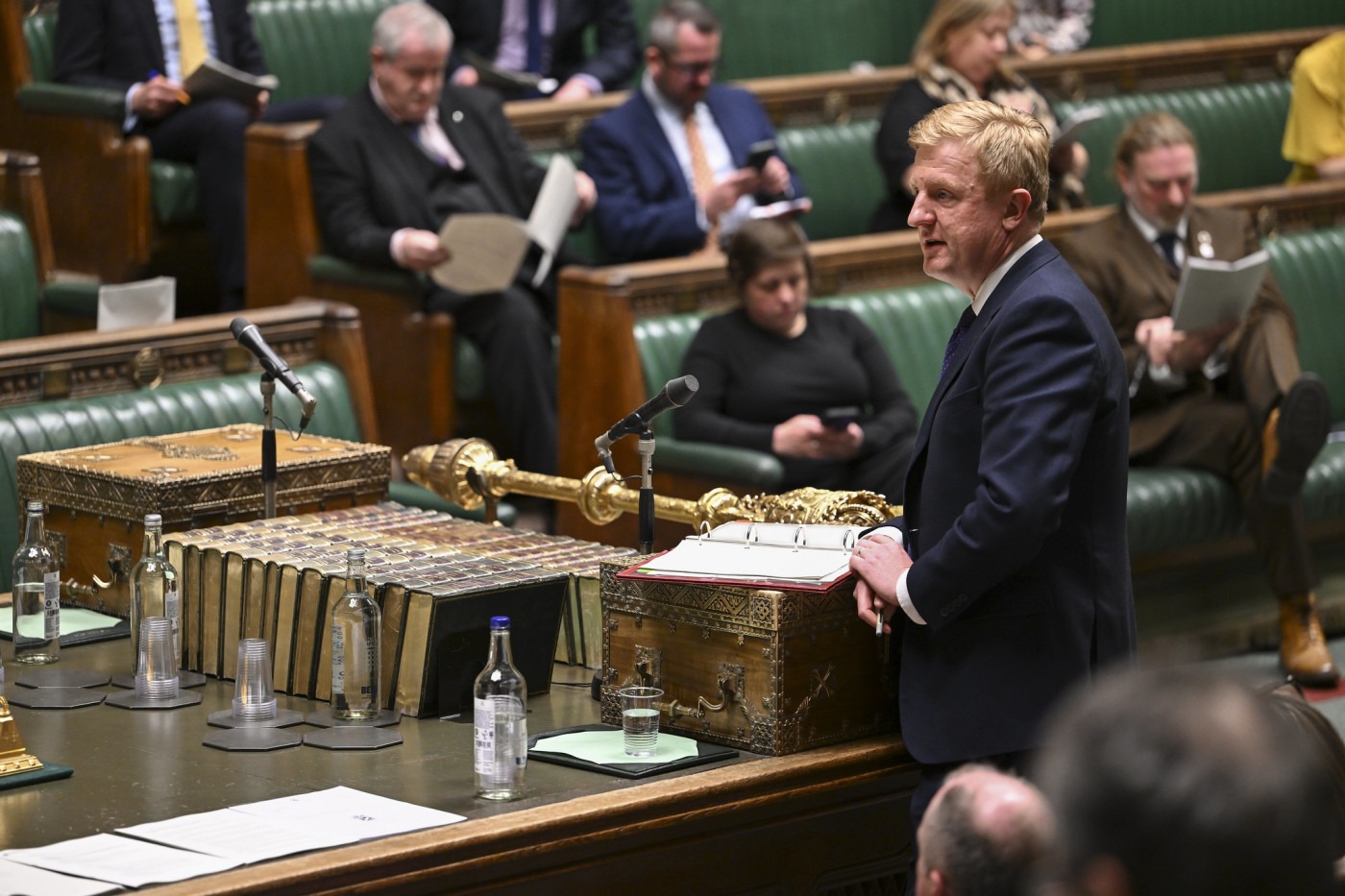UK government urged to consider crackdown on foreign funding for universities
The UK Government has briefed British universities on the threat posed by funding from foreign states, as it is urged to crack down on so-called ‘dark money’.
Security chiefs, including MI5 Director Ken McCallum, advised vice-chancellors from 24 universities how they could ensure their establishments are not unduly influenced or exploited by external governments and other foreign entities.
Deputy Prime Minister Oliver Dowden, who was also at the briefing, had previously pledged to summon university bosses to a meeting on academic security and to discuss a government review of foreign influence in British higher education.
The pledge came amid criticism towards the government’s perceived inaction in the face of increasing influence by foreign donors over the research conducted by universities.
Parliament’s Intelligence and Security Committee […] warned that China had sought to “penetrate or buy academia” in the UK
While no specific state has been officially singled out, much of the criticism has focused on China. Parliament’s Intelligence and Security Committee – which oversees the country’s spy agencies – last year warned that China had sought to “penetrate or buy academia” in the UK.
The report was highly critical of the government, claiming it had taken too long to act against Chinese interference, while describing the resources dedicated to tackling security threats posed by China as “completely inadequate.”
Sir Iain Duncan Smith, a senior Conservative backbencher, accused top universities of being “in hock” to China by clamping down on debates critical of Beijing for fear of losing funding.
Sir Iain, a China hawk, singled out the actions of University College London in particular. The university recently came under fire for banning a “provocative” seminar on China, allegedly to protect its financial interests.
More than £281 million in anonymous donations had been received by Russell Group universities since 2017
For their part, universities claim that amidst a tough financial outlook for UK institutions, they have been forced to turn to foreign donors, who often wish to remain anonymous.
Yet this has raised concerns over both transparency and security, given the sensitive nature of much of the research that takes place at universities. In particular, fears have been voiced regarding dual-use technology – projects that can be used for both civilian and military applications.
News in February 2024 that a British university had allegedly collaborated on drone technology with Iran seemed to confirm fears, and led to renewed calls for regulation of international academic cooperation.
A report by the independent media platform, openDemocracy, found that more than £281 million in anonymous donations had been received by Russell Group universities since 2017, largely from foreign sources. The group published an open letter calling for greater transparency over university funding in the UK, signed by academics, politicians, and campaigners.
These included Zarah Sultana, MP for Coventry South, and Dr. Caroline Kuzemko, a Reader in IPE at the University of Warwick.

Comments